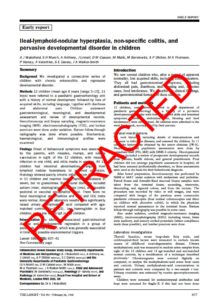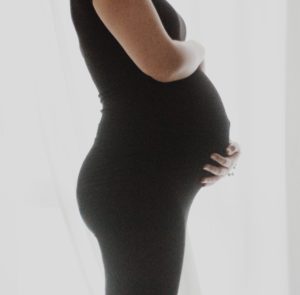High levels of oestrogen in the womb linked to autism
The discovery adds further evidence to support the prenatal sex steroid theory of autism first proposed 20 years ago.
The sex ratio in autism diagnoses shows that males are three times more likely to develop autism. The male-biased prevalence, together with the finding that autistic girls have a higher mutational load than autistic boys, suggests mechanisms of sexual differentiation in the development of this condition. Several recent findings support this hypothesis.
A team of scientists at the University of Cambridge and the State Serum Institute in Denmark tested the amniotic fluid of boys with and without autism (n = 98 and n = 177 respectively) from the Danish Historic Birth Cohort.
Levels of prenatal oestriol, oestradiol, oestrone and oestrone sulphate were significantly elevated, on average, in the 98 foetuses who later developed autism, compared to the 177 foetuses who did not. Interestingly, high levels of prenatal oestrogens were more predictive of autism development than were high levels of prenatal androgens (such as testosterone). Contrary to popular belief that associates oestrogens with feminisation, prenatal oestrogens have effects on brain growth and masculinise the brain in many mammals.
Genetics is a well-established primary cause for autism development, however the authors conclude that prenatal oestrogenic excess may interact with genetic predisposition to affect neurodevelopment.
It is not known whether these elevated hormones come from the mother, the baby or the placenta. The next step should be to study all these possible sources and how they interact during pregnancy.
Of note, the team cautioned that these findings cannot and should not be used to screen for autism. ‘We are interested in understanding autism, not preventing it’, added Professor Baron-Cohen, the lead author of the study.
In summary, scientists demonstrated that prenatal oestrogens are elevated in boys who later developed autism. This supports their previous finding of elevated prenatal steroidogenesis in the same cohort, together adding weight to the prenatal steroid theory of autism. Further, high levels of prenatal oestradiol contribute to a greater degree to autism likelihood than other prenatal sex steroids, including testosterone.
As I ended my previous article on the cause of autism, whether it be genetics or environment, the aetiological basis is likely to be during foetal development. Thus, a person with autism is born with autism.


 Andrew Wakefield’s famous study, published in 1998, first described a link between autism and the MMR vaccine. A flurry of fear among the public has since found no rest.
Andrew Wakefield’s famous study, published in 1998, first described a link between autism and the MMR vaccine. A flurry of fear among the public has since found no rest. The aetiological basis of autism is predominantly genetic, and the apparent rise in diagnosis has more to do with increased awareness of the condition and changes in the diagnostic criteria. Nevertheless, while mutations in some genes are strongly implicated in autism, most associated variants confer modest increases in risk.
The aetiological basis of autism is predominantly genetic, and the apparent rise in diagnosis has more to do with increased awareness of the condition and changes in the diagnostic criteria. Nevertheless, while mutations in some genes are strongly implicated in autism, most associated variants confer modest increases in risk.